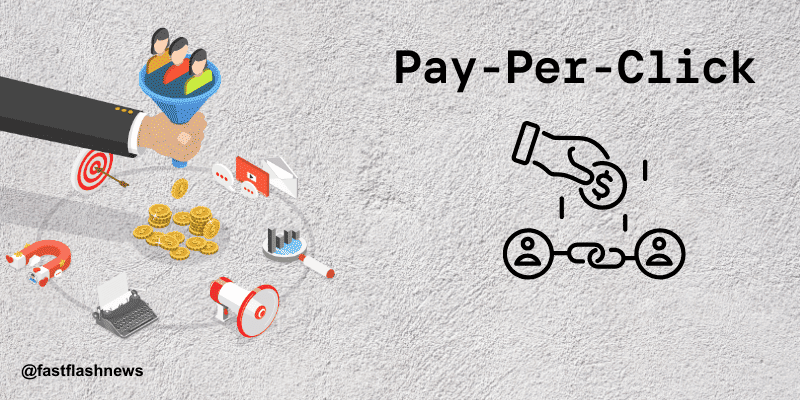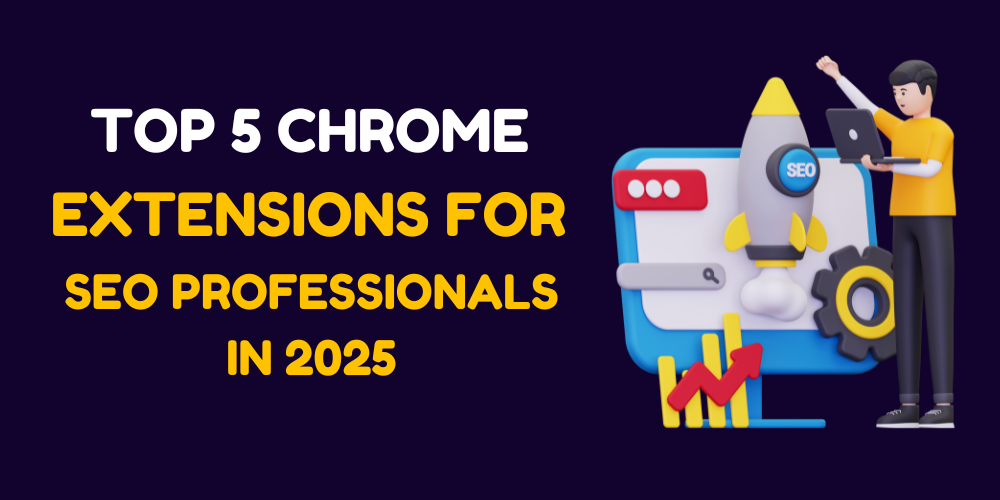Pay-Per-Click is an effective method for driving targeted visitors, increasing brand visibility, and boosting conversions.
In today’s fast changing digital market, organizations are continuously looking for efficient ways to reach their target audience and generate verifiable outcomes. One such effective strategy is Pay-Per-Click (PPC) advertising. If you want to increase your online visibility and attract targeted visitors to your website, PPC digital marketing is the way to go.
What is Pay-Per-Click (PPC) Marketing?
Pay-Per-Click (PPC) is an online advertising approach in which advertisers are charged a fee each time their ad is clicked. Essentially, it is a method of purchasing visitors to your website rather than striving to gain them naturally. PPC advertising can show on search engines, social media platforms, and websites, offering businesses the ability to reach their target demographic through several channels.
Why Choose PPC Marketing?
Immediate Visibility:
PPC ads provide you rapid visibility on search engines like Google, Bing, and social media platforms like Facebook and Instagram. Unlike organic SEO efforts, which might take weeks to produce results, PPC advertising can direct visitors to your website as soon as the campaign goes live.
Targeted Advertising:
PPC enables you to target your audience using a range of variables, including keywords, region, demographics, interests, and behaviors. This level of precision ensures that your adverts reach the intended people at the proper time, improving the possibility of conversion.
Cost Control:
PPC gives you ultimate control over your spending. You may choose a daily or monthly budget and only pay when someone clicks on your ad. This guarantees that your advertising money is used properly, and you may alter it based on the success of your initiatives.
Measurable Results:
One of the most major benefits of PPC marketing is the opportunity to track and assess the effectiveness of your ads in real time. Impressions, clicks, conversion rates, and return on investment (ROI) are all significant metrics that may help you tailor your campaigns for better outcomes.
Key Components of a Successful PPC Campaign
Keyword Research:
Effective keyword research is essential for every successful PPC campaign. Choosing the proper keywords guarantees that your advertisements show when potential clients look for items or services linked to your business. Use tools such as Google Keyword Planner and SEMrush to identify relevant keywords with high search volume and low competition.
Compelling Ad Copy:
Your ad wording is vital in generating clicks. Create interesting and relevant ad text that promotes your products’ unique selling features (USPs). Include powerful call-to-actions (CTAs) to urge visitors to do the intended action, such as making a purchase, subscribing to a newsletter, or asking further information.
Landing Page Optimization:
Driving traffic to your site is only half the fight. Make sure your landing pages are conversion-optimized. A well-designed landing page with a clear message, easy navigation, and a powerful CTA may greatly increase conversion rates.
Continuous Monitoring and Optimization:
PPC campaigns must be constantly monitored and optimized to generate the greatest results. Analyze performance data on a regular basis and make any required changes to your keywords, ad text, and bidding tactics. A/B testing different aspects of your campaign can also help you determine what performs best for your target demographic.
Businesses may reach their marketing objectives more effectively and efficiently by taking advantage of PPC advertising. Whether you’re a tiny business trying to expand your online presence or a huge corporation looking to improve your digital marketing strategy, PPC can give the results you require.




